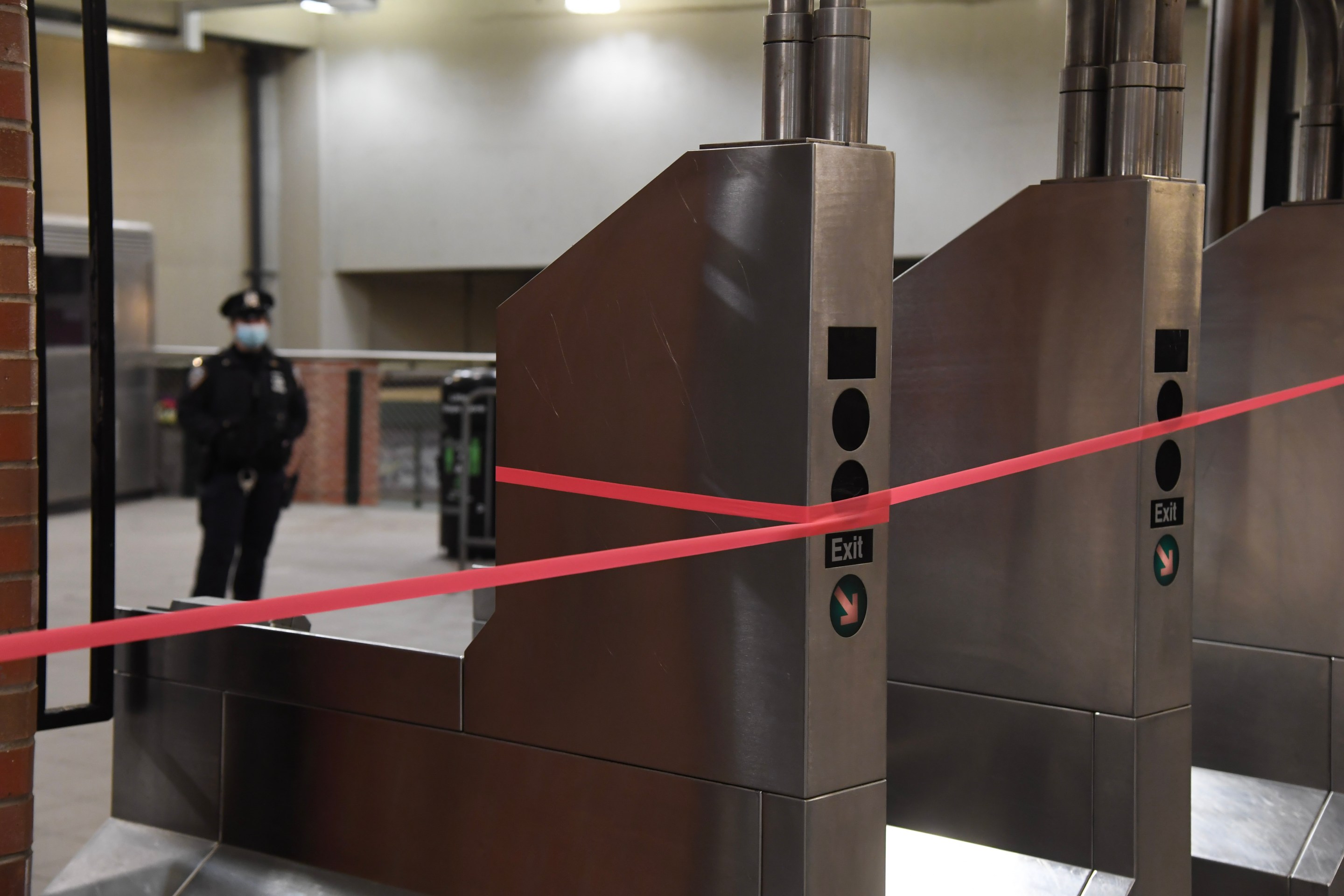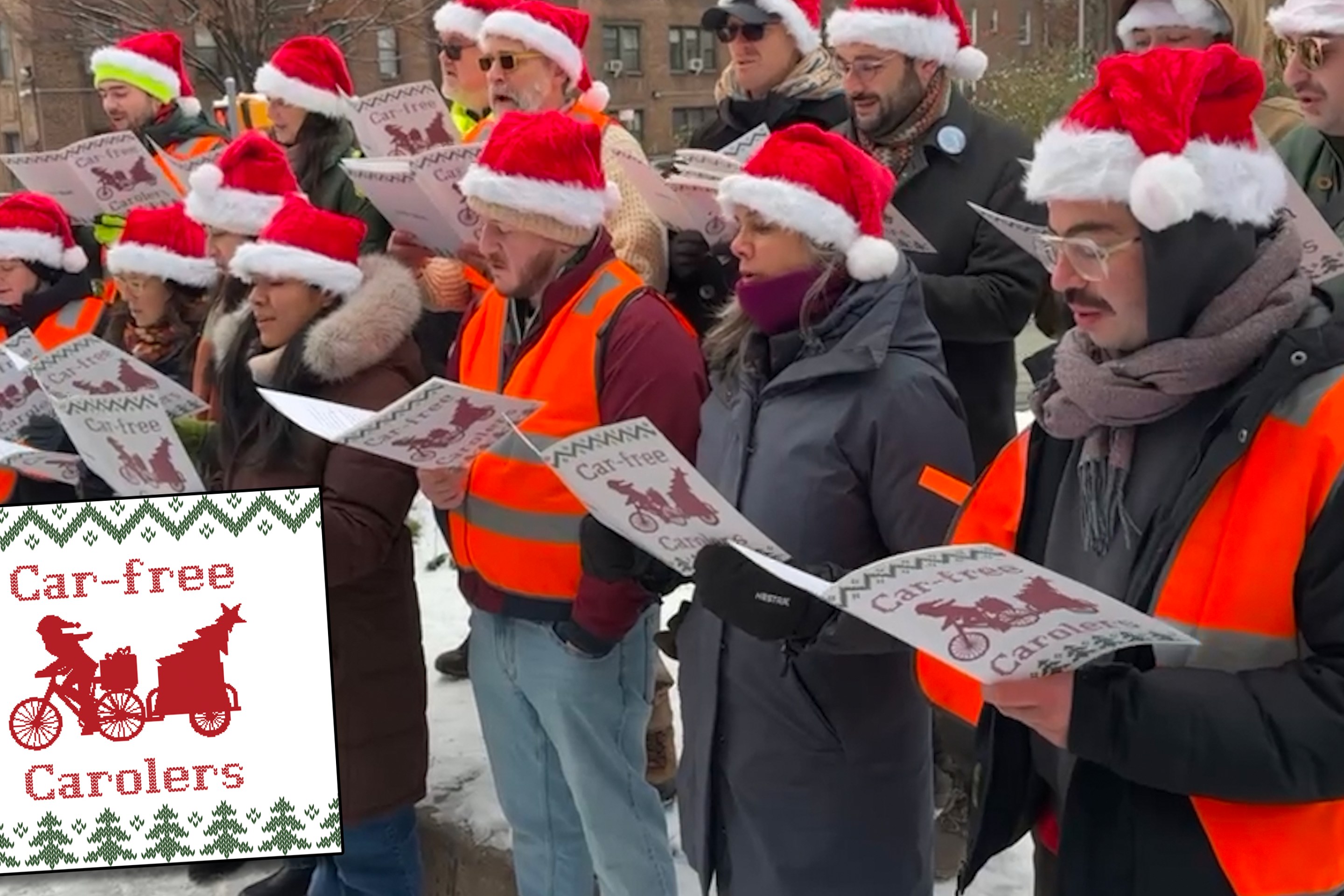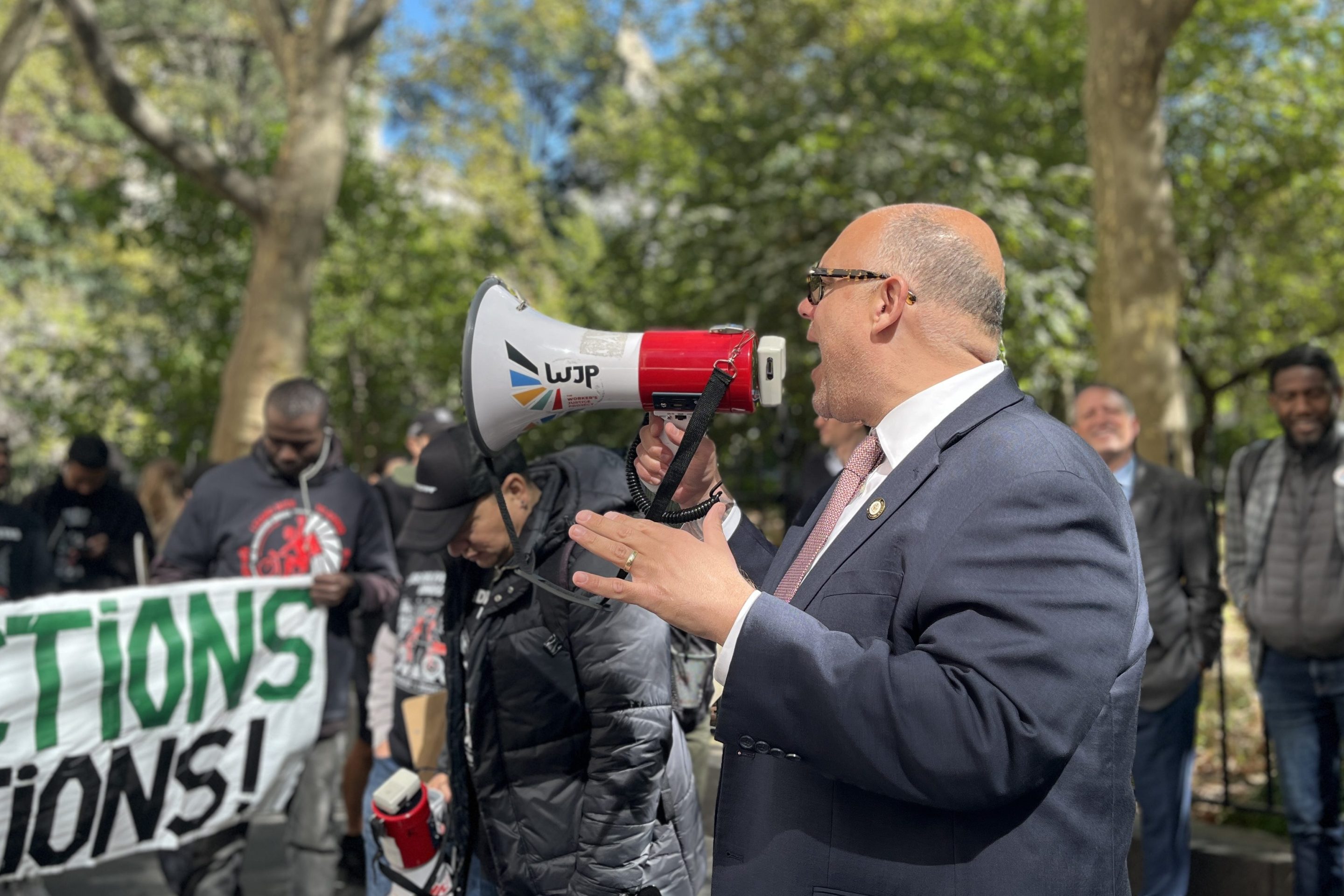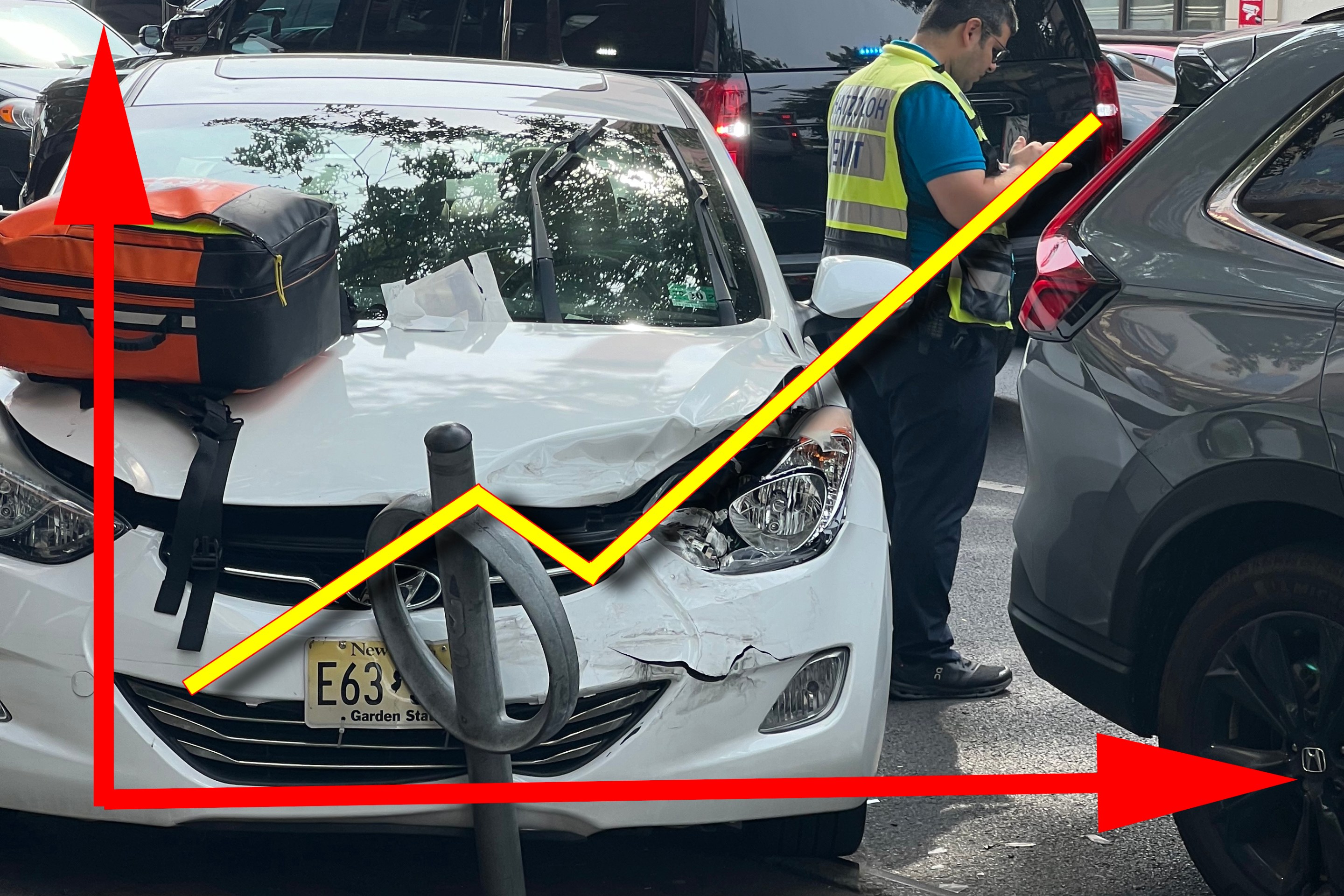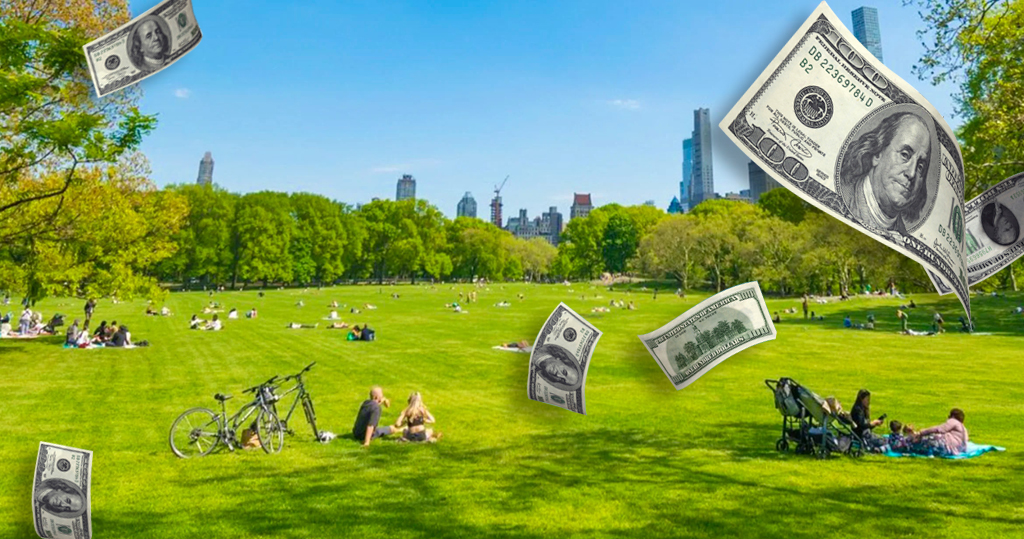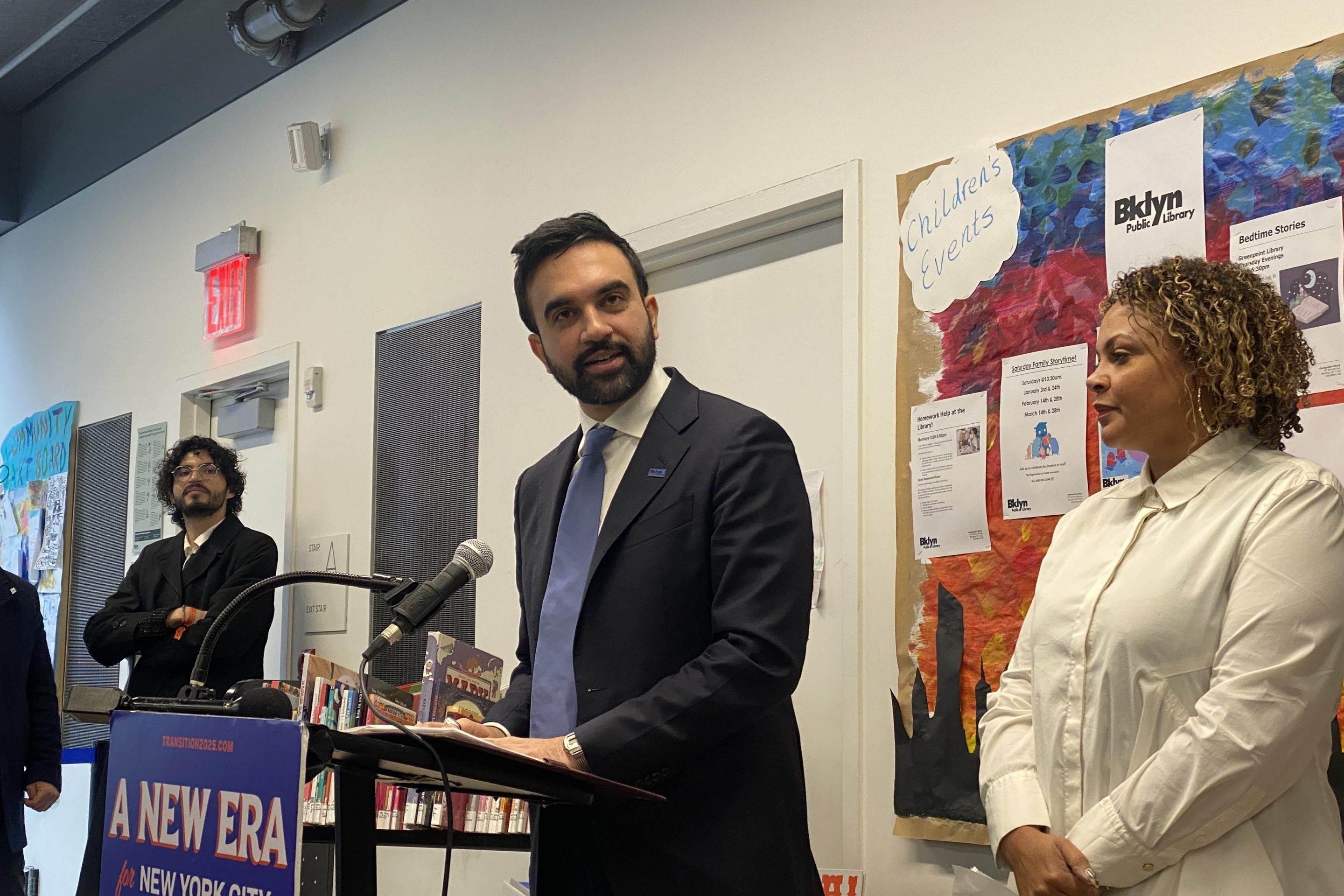The cagey and enigmatic pronouncements of state leaders on the question of the restoration of 24/7 subway service are lending an air of mystery to the decision — and are providing fresh evidence that the subject has become a political hot potato.
Gov. Cuomo and MTA Chairman and CEO Pat Foye both passed the buck on Monday when asked about the restoration, tossing the decision to an unexpected source: Health Commissioner Howard Zucker.
Early in the day, Cuomo directed a reporter to ask the MTA when she questioned him about the end of the Essential Connector taxi service and what it indicated about the status of 24/7 subway service and meant for workers going to and from jobs between 1 a.m. and 5 a.m., when the subway is closed for disinfection against the coronavirus.
Here’s the transcript guys
— Abbey Collins (@abbey_e_collins) August 24, 2020
Reporter: “The MTA is ending the taxi program for essential workers soon, they announced on Friday. What about the 24/7 subway service? So essential workers can get to work”
GAMC: “I don’t know, you happen to ask the MTA?”
That afternoon, reporters asked Foye to explain who was in charge of the decision to restore overnight subway service, and the MTA's head honcho said it wasn't him, either.
"As we've said, while the pandemic continues, the 1 a.m. to 5 a.m. closure will continue," Foye said, before adding a new twist to the subway-reopening saga: "The state commissioner of health will determine the continuation of the pandemic."
When he was then asked if it was Commissioner Zucker who would determine the timing of restoring overnight subway service, Foye told reporters, "We're not in the public health business. The commissioner of health will opine on the continuation of the pandemic."
The buck-passing is only the latest of a series of political obfuscations. Zucker's introduction to the overnight-service saga came just three days after Cuomo indicated he was the one making the decisions. "The governor has indicated that overnight subway service will remain closed for the duration of the pandemic," Cuomo's office told Streetsblog when asked about the restoration of 24/7 subway service. Cuomo also suggested in June that the restoration was his decision, when he told reporters that once it wasn't necessary to disinfect trains and stations overnight, he'd give the go-ahead to restore overnight trains. Foye also made no mention of Zucker when asked about overnight subway service in June.
The State Department of Health did not respond to a request for comment on what, if any, metrics the agency will use to determine "the end" of the pandemic, which leaves advocates and the approximately 15,000 overnight riders who rely on substitute bus service once again asking for more information on how we'll know when overnight subway service can resume.
"With milestones and metrics rightly being the cornerstone of the state’s reopening, we urge similar publicly disclosed metrics for restoration of overnight service," said Lisa Daglian, the executive director of the Permanent Citizens Advisory Committee to the MTA. "If there’s a plan for reopening gyms, there should be one for reopening the subway."
The clamor for restoring full overnight service has been growing as the world has learned more about the coronavirus and how it spreads. The MTA initially ended overnight service in May in order to remove homeless New Yorkers from the system and to protect against potential surface-based COVID transmission. Science since has determined that coronavirus spreads primarily by aerosols and droplets expelled during such actions as talking, laughing and sneezing. According to advocates, that means the MTA can run overnight subway service while disinfecting the system, although the MTA disputed that assertion, while also mentioning that 70 percent of customers enjoy the new lemon-scented trains.
The MTA has also dismissed calls to restore overnight service by saying it has answered the question about its return either "2,000" or "100" times, depending on the day.
Ultimately, however, advocates say that the new subway smell and the governor's constant praise of squeaky clean trains are no substitute for badly needed service.
"The governor stopped overnight service and he's the only one who can and must bring it back," said Riders Alliance Communications Director Danny Pearlstein. "He controls the MTA and, with all due respect to Dr. Zucker, the state's pandemic response as well. The governor cannot bask in the glory of shiny trains while shirking responsibility for the commutes of tens of thousands of overnight essential workers."
